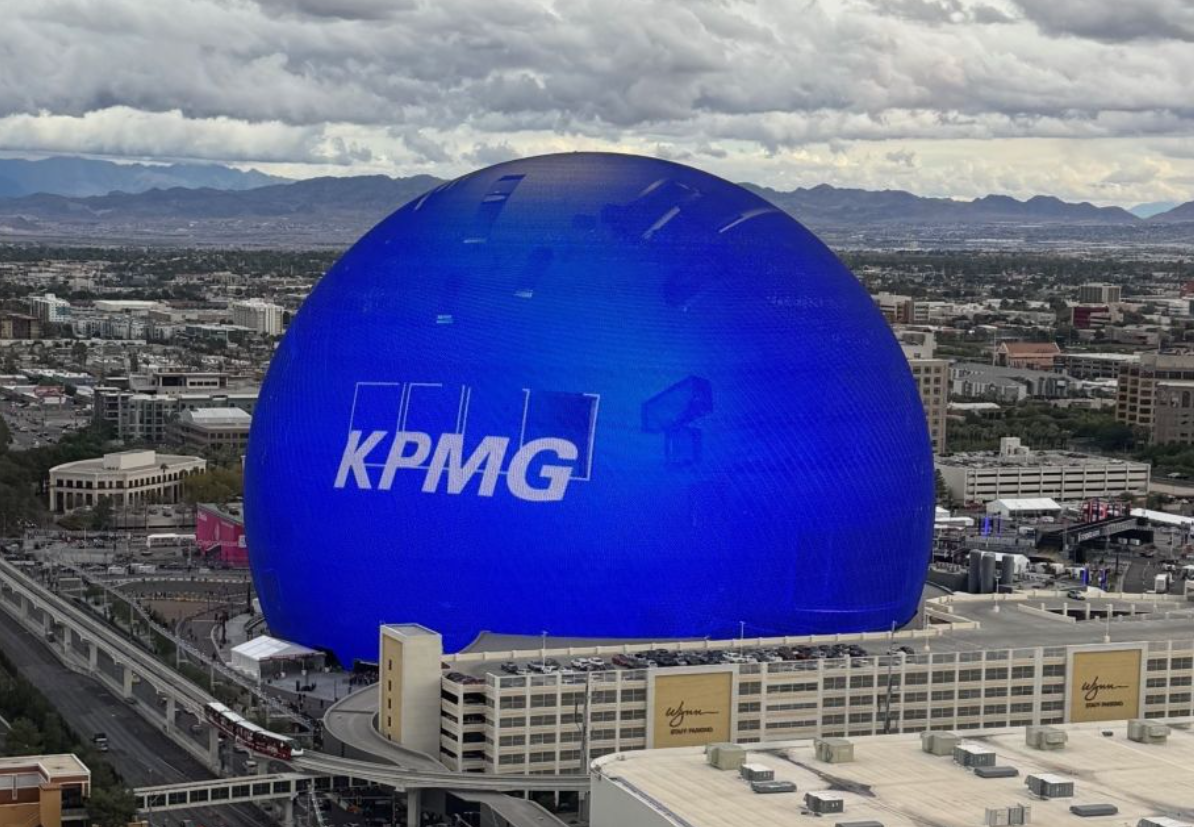In a new Deloitte survey, most C-suite and other executives (84.6%) feel confident in their organizations’ abilities to manage cash and liquidity. But as uncertainty persists, it’s important for organizations to continue to improve and strengthen their cash and liquidity management abilities so as not to provide a false sense of security.
“Liquidity management plays an integral role in an organization’s operations and growth — being a primary driver for business decisions,” said Anthony Jackson, principal, Deloitte Transactions and Business Analytics LLP. “With increased disruption from the pandemic, it’s important for executives to build long-term, sustainable strategies for liquidity versus focusing on short-term fixes which can provide a false sense of security. Bettering processes like forecasting can help give better visibility into cash-flows which in turn can help attain liquidity objectives.”
While forecasting can help give organizations better visibility into their financials, doing so has been difficult for many organizations amid the pandemic. Respondents stated that forecasting was either their top challenge (13.8%) or among their top challenges (54%) with liquidity and cash management during COVID-19.
“The pandemic has shifted executives’ focus from long-term planning to addressing more immediate business concerns — putting forecasting capabilities into the spotlight, which has shown weak points in these efforts. Gaining better visibility into forecasting to fully understand the liquidity impacts in their business is critical in navigating a path forward,” Jackson continued.
Advanced technologies are here to help but few are taking advantage
With forecasting challenging executives, especially in a time of increased disruption, leveraging advanced technologies can help. However, only 13.5% of respondents stated they are currently doing so and 18.8% of respondents plan to implement in the next 12 months. Almost half of respondents (46.8%) stated that they have no plans to use advanced technology in their liquidity management efforts.
Jackson said, “Utilizing technologies like advanced analytics can help executives save time and gain valuable insight that might not have otherwise been available — identifying trends and issues throughout areas like forecasting efforts. Ultimately, advanced technologies can help executives evaluate the most strategic ways to strengthen their liquidity.”
Through disruption, organizations are regularly updating liquidity management efforts
Executives stated that their organizations are updating cash flow and liquidity management plans in a regular cadence. Nearly a third (31.4%) of respondents are updating their plans monthly and nearly a quarter (24.5%) are updating their plans on a weekly basis. Only 7.2% of respondents stated they were not making changes to their cash flow and liquidity management plans.
Jackson concluded, “Efforts in managing cash flow and liquidity have usually been reserved for companies in distress. However, with the pandemic and increased disruption, these efforts are now relevant for almost every organization. Executives should recognize that now is the time to act by updating or creating better processes, gaining visibility and enhancing capabilities to make proactive and informed decisions that affect liquidity.”
More than 1,800 C-suite and executives were polled online during a Deloitte webcast titled, “Improving liquidity management: Scenario-based cash forecasting,” on Oct. 15, 2020. Answer rates differed by question.
Thanks for reading CPA Practice Advisor!
Subscribe Already registered? Log In
Need more information? Read the FAQs
Tags: Financial Reporting




